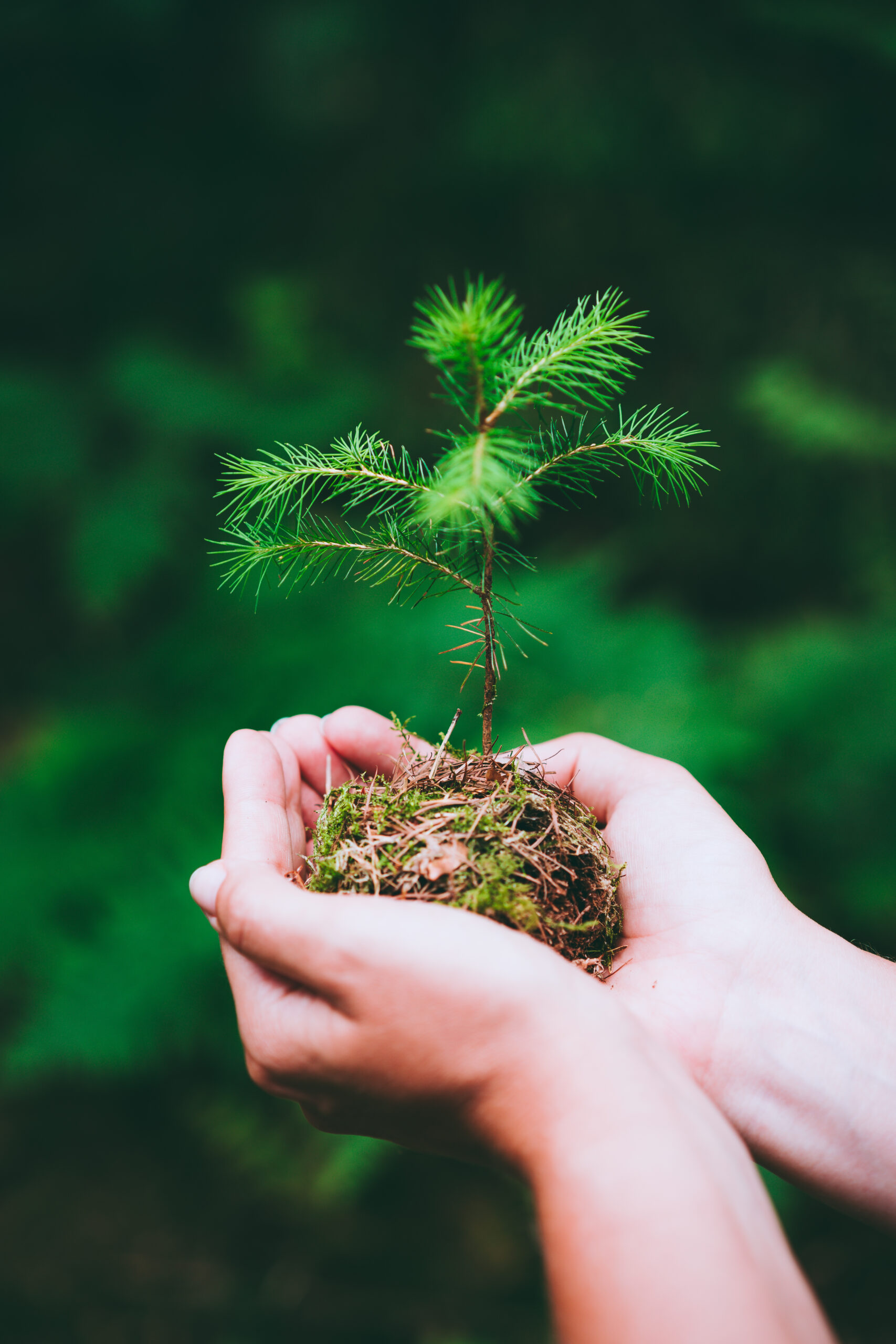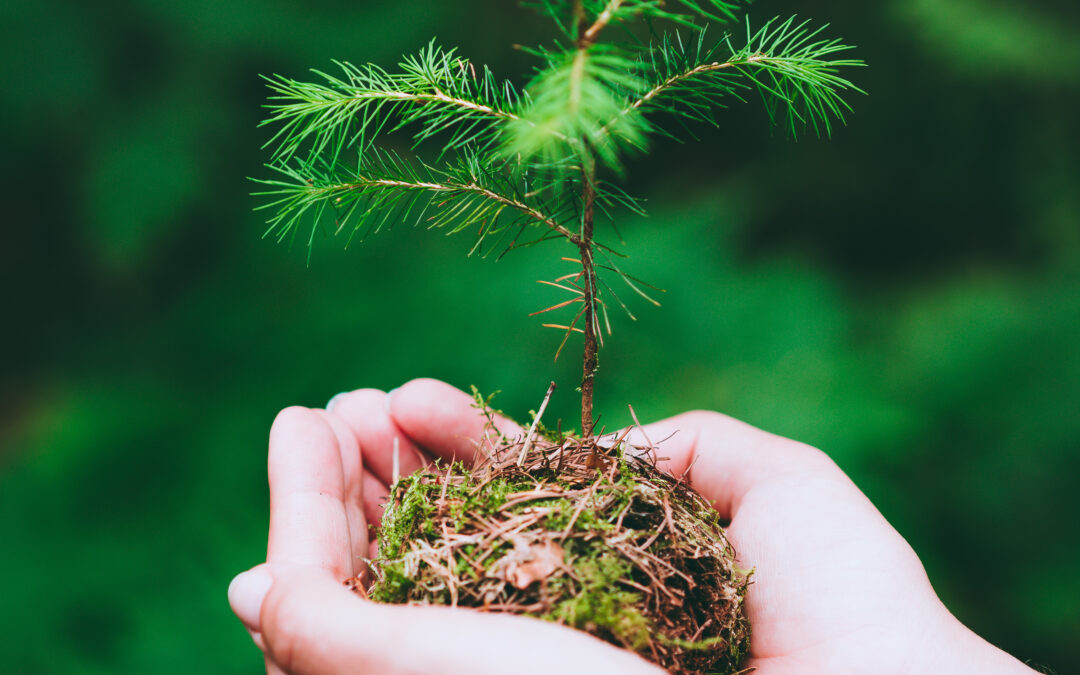Homesteading is a lifestyle choice that involves growing your own food and raising your own livestock. It’s a way to live sustainably while enjoying the benefits of fresh produce and healthy meat. In this blog post, we will explore what homesteading is all about, its many benefits, tips for beginners, common mistakes to avoid, and inspiring stories from successful homesteaders.
Introduction to Homesteading: What It Is and Why You Should Consider It
Homesteading is an old-fashioned term used to describe modern-day self-sufficiency. It involves living off the land by growing your own crops, raising your own animals, and producing your own goods. By doing so, you can reduce your dependence on grocery stores and enjoy fresher, more nutritious food. Additionally, homesteading allows you to take control of your food supply and ensure that it’s free from pesticides and other chemicals.
The Benefits of Growing Your Own Food and Raising Your Own Livestock
There are numerous benefits to homesteading. Here are just a few:
1. Fresh, Healthy Food – When you grow your own food, you know exactly where it came from and how it was grown. This means you can enjoy fresh, healthy produce without worrying about pesticides or other contaminants.
2. Self-Sufficiency – By growing your own food and raising your own livestock, you become less reliant on grocery stores and other sources of food. This gives you greater independence and freedom.
3. Cost Savings – While starting a homestead may require some initial investment, over time you can save money by not having to buy as much food at the store. Plus, you can sell excess produce or products for extra income.
4. Environmental Sustainability – Homesteading is a great way to reduce your carbon footprint and live in harmony with nature. By using natural methods to grow your food and raise your livestock, you can minimize your impact on the environment.
How to Get Started with Homesteading: Tips for Beginners
Getting started with homesteading can be daunting, but here are some tips to help you get started:
1. Start Small – Don’t try to do everything at once. Instead, start small by growing a few vegetables or raising a couple chickens. As you gain experience, you can expand your operation.
2. Research Local Laws – Make sure you understand any local laws or regulations related to homesteading. For example, you may need permits to keep certain types of livestock.
3. Learn From Experts – Take advantage of resources like books, workshops, and online courses to learn from experts who have been there before.
Common Mistakes to Avoid When Starting a Homestead
Here are some common mistakes to avoid when starting a homestead:
1. Overreaching – Trying to do too much too soon can lead to burnout and failure. Start small and build up gradually.
2. Not Doing Enough Research – Before diving into homesteading, make sure you fully understand what’s involved. This includes learning about soil health, animal husbandry, and other important topics.
3. Neglecting Animal Welfare – Animals raised for food should be treated humanely and given proper care. Make sure you understand their needs and provide them with a comfortable life.
Inspiring Stories from Successful Homesteaders
Many people have successfully embraced the homesteading lifestyle. Here are a few inspiring stories:
1. The Dervaes Family – This family has transformed their urban lot into a thriving farm that produces over 6,000 pounds of produce per year. They also raise chickens, ducks, and goats.
2. Joel Salatin – Known as “the lunatic farmer,” Salatin has written several books on sustainable agriculture and runs his own farm in Virginia. He advocates for pastured poultry and other natural practices.
3. Elliot Coleman – This Maine farmer has been practicing organic gardening for decades and has authored several books on the subject. His techniques include using cold frames and hoop houses to extend the growing season.

Conclusion
Whether you want to grow your own food, raise your own livestock, or simply live a more sustainable lifestyle, homesteading may be the answer. With its many benefits, including fresh food, cost savings, environmental sustainability, and increased self-sufficiency, it’s no wonder why so many people are choosing this lifestyle.



